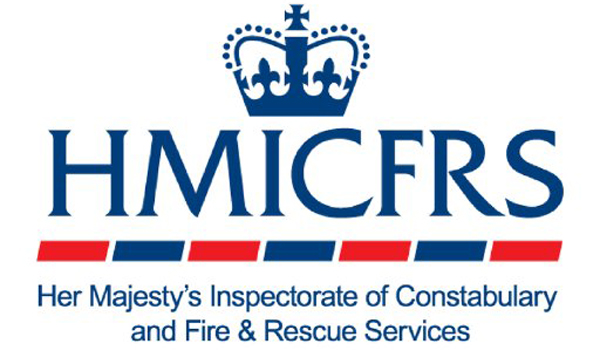Fairness of virtual police interviews to be assessed by new research project
A new research project is to examine whether the coronavirus pandemic has had an impact on the fairness and effectiveness of police interviews.
During the Covid-19 restrictions there have been major changes to the format of traditional, in-person police interviews and other interactions with witnesses, victims and suspects of crime.
Many police forces have instead turned to digital communications, carrying out video interviews with victims, while third-party professionals such as lawyers have provided support to suspects by phone or video rather than in person in the police station.
However, there has been limited research to date on the impact of this move to remote communication on witnesses, victims and suspects, and on how best to conduct interviews in this way.
Now a team of academics, national and international police organisations and criminal justice groups have been awarded more than £320,000 to explore this issue in more detail over the next 18 months, in a project entitled Supporting the interviewing and legal representation of crime victims and suspects using digital communications methods: Is it ‘remotely’ possible?
Their findings will highlight the impact of remote communication on the fairness and effectiveness of police interviews during the current pandemic and inform lasting changes, both to the way police undertake interviews and the legal system.
The project has been funded by the Economic and Social Research Council (ESRC) as part of the UK Research and Innovation’s rapid response to Covid-19.
It will be led by Professor Gavin Oxburgh and Dr Nicci MacLeod of Northumbria University, working alongside academics from De Montfort University, Sunderland University and the global criminal justice campaign group Fair Trials.
The experiences of partner organisations, including the College of Policing, the National Police Chiefs’ Council, the Norwegian Police University College, the International Criminal Court at The Hague, the Commission for International Justice and Accountability, the National Appropriate Adults Network and national UK police forces will also provide valuable insight for the research team.
Speaking about the need for such research, Professor Oxburgh said: “The criminal justice system has had to quickly adapt during the Covid-19 pandemic to ensure interviews, third-party interactions and criminal trials are still able to go ahead.
“Before the pandemic, video interviews were really only used by a small number of international organisations, so there is little evidence of how they might work on a large scale.
“By working with organisations which have previously used this technology, as well as regional police forces which have adopted it more recently during the pandemic, we will build up a picture of how effective remote/video interviews can be and highlight any issues which need to be addressed, including access to legal representation.”
Speaking about the importance of ensuring remote interviews provide proper access to justice, Jago Russell, chief executive of Fair Trails, said: “Access to an effective lawyer in the police station is a crucial safeguard, protecting the rights of arrested people at a time when they are isolated and vulnerable to abuse and coercion.
“During the Covid-19 pandemic, most lawyers have decided to stay away from police stations, preferring to advise their clients by phone or video. We urgently need to understand what impact this shift is having on suspects and on the fairness and reliability of the evidence being given to police.”
The evidence collected during the research will be used to draw up recommendations for any future proposed use of remote interviews, including during future pandemic situations, ensuring standardisation across the global policing and law enforcement community.







